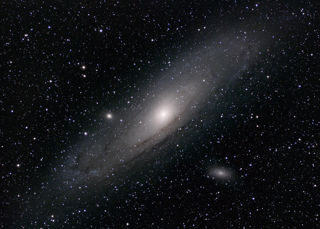
EURECA Diamond Mission Patch
EURECA Diamond Mission Patch
EURECA (European Retrievable Carrier) was a European Space Agency (ESA) mission designed to return to Earth to study the effects of the space environment on the spacecraft and its payload. It was launched by Space Shuttle Atlantis on 31 July 1992 and deployed from the Shuttle on 2 August 1992 using the Canadarm. Then EURECA performed a burn to raise its orbit to an operational altitude of 508 kilometres, where it began its scientific mission on 7 August 1992.EURECA carried 15 experiments, including the Timeband Capture Cell Experiment (TICCE) which was developed in the United Kingdom. TICCE studied the population distributions of tiny particles, such as Earth debris, micrometeoroids, and cosmic dust, in low Earth orbit.
EURECA was retrieved after eleven months in orbit and brought back to Earth by the Space Shuttle Endeavour during the STS-57 mission. It is one of the few un-crewed space vehicles that have been returned to Earth unharmed. Scientist were able to study how exposure to space had affected the structure of the spacecraft and its experiments. EURECA was designed to fly five times with different experiments, but the following flights were cancelled. The spacecraft was placed on display in the Swiss Museum of Transport in Lucerne.
More information
Object number
2020-10
Location
Artefact Store
Has this object been into space?
No
Material
Cotton
Materials & techniques note
Embroidered
Associated Organisation
ESA
Object Production Date
Circa 1992
Object Production Organisation
Stewart Emblems
Object Production Place
Leicestershire
Market Harborough
United Kingdom
On Display Status
Not on display
Copyright and Photos
Photography is shared via the license below.
However, some objects on this website are on loan to the National Space Centre and are being shared through the permission of their owners.
Commercial use of images from this website is not allowed without additional permissions being granted. To request permission to use images for purposes not covered in the license below, please contact [email protected]
Individual objects on loan to the National Space Centre may have additional copyright permissions, so advice should always be sought before use.
![]()
This work is licensed under a Creative Commons Attribution-NonCommercial 4.0 International License.



